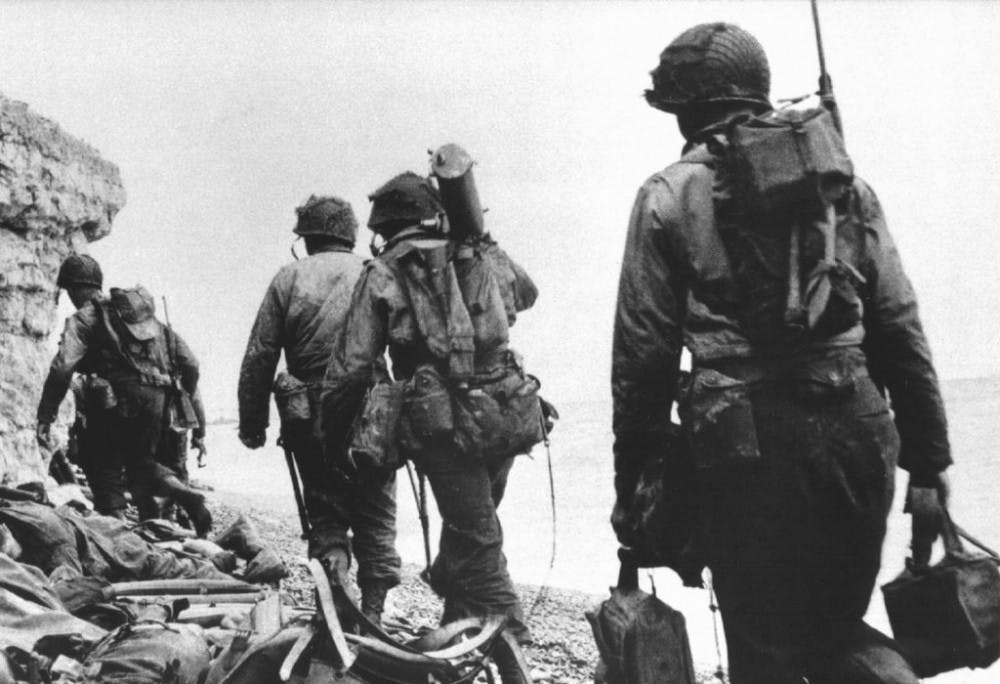
One of the storylines concentrates on the literal things that the soldiers carry with them. On the surface, the story is about the physical burdens that the soldiers bring with them, like necessities for war such as clothing, rations and medical equipment or personal items like letters and mementos from loved ones. However, as the story progresses and we become more familiar with who these soldiers are, with their foibles, their distinguishing traits and their flaws, we begin to see that as equally heavy as are their emotional burdens. O’Brien describes the weight of fear in particular as “the heaviest burden of all, for it could never be put down.”
Another arc of the story revolves around lieutenant Jimmy Cross, who is described in the very first sentence of the story as carrying letters from his girlfriend back in the U.S., and his obsessive thoughts about whether or not she loves him just as much as he loves her. At first, it may seem as if Jimmy’s story is representative of that of couples reuniting after being separated by war for a long time, but the story ends with Cross denouncing his relationship with Martha after realizing that he should not care for her more than he cares about his men.
The final storyline centers around one specific event, the death of Ted Lavender, and how each member of the platoon responds to the ordeal. For example, one of the soldiers is only able to focus on the quickness of Lavender’s death (“Boom-down,” he said. “Like cement”), while Lieutenant Cross is so consumed by guilt that he physically breaks down.
O’Brien also takes this chance to insert some commentary about the futility of war: He calls it an “endless march” that is “a matter of posture and carriage... a dullness of desire and intellect and conscience and hope and human sensibility,” in which the men could only “not submit to the obvious alternative, which was simply to close the eyes and fall.”
One of the things I liked most about this story was that O’Brien uses these lists of things that each soldier carried to make each a distinct character and to give them individual personalities, hopes and emotions in the face of a war that treats them all as potential casualties. I also liked that the author chose to switch continuously between the three storylines, so that we never spend too much time reading about any one arc at a time. The author’s choice to end each section of the story by returning to Lavender’s death parallels the circularization of thought that characterizes the soldiers’ PTSD and continual remembrance of grief.
What I took away from reading The Things They Carried was that the “terrible power” traditionally associated with war also applies to the emotions which handicap the soldiers, that emotional destruction can be just as painful as physical destruction, which Cross realizes at the end of the story as he burns the letters from Martha.
In a story about the Vietnam War, O’Brien gives readers not only a slice of his thoughts regarding the pointlessness of fighting and how it dehumanizes the soldiers but also describes each soldier in a richly detailed survey of their belongings and memories so that readers develop emotional connections with them, even though each soldier physically shows up on paper only for a small amount of time.





